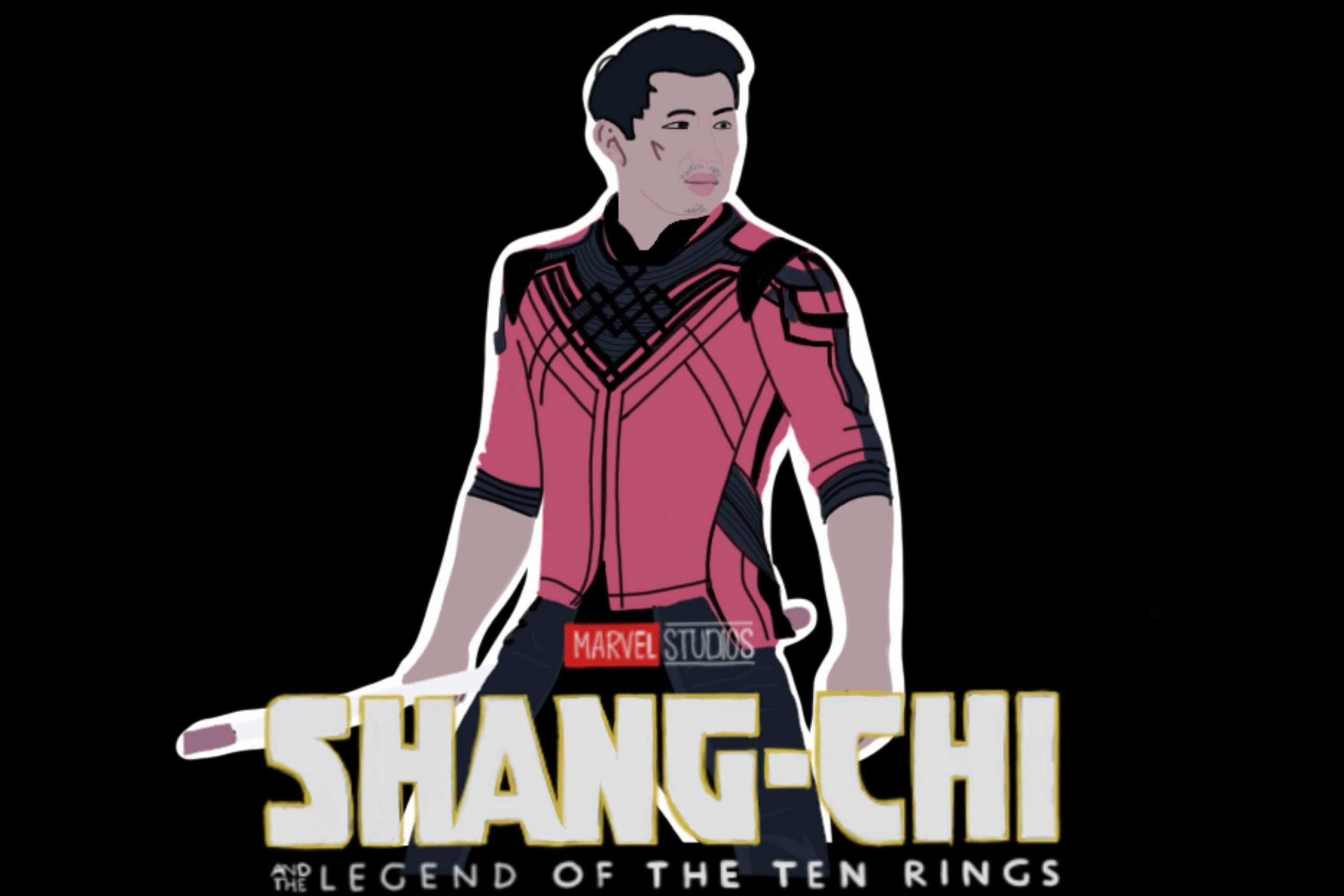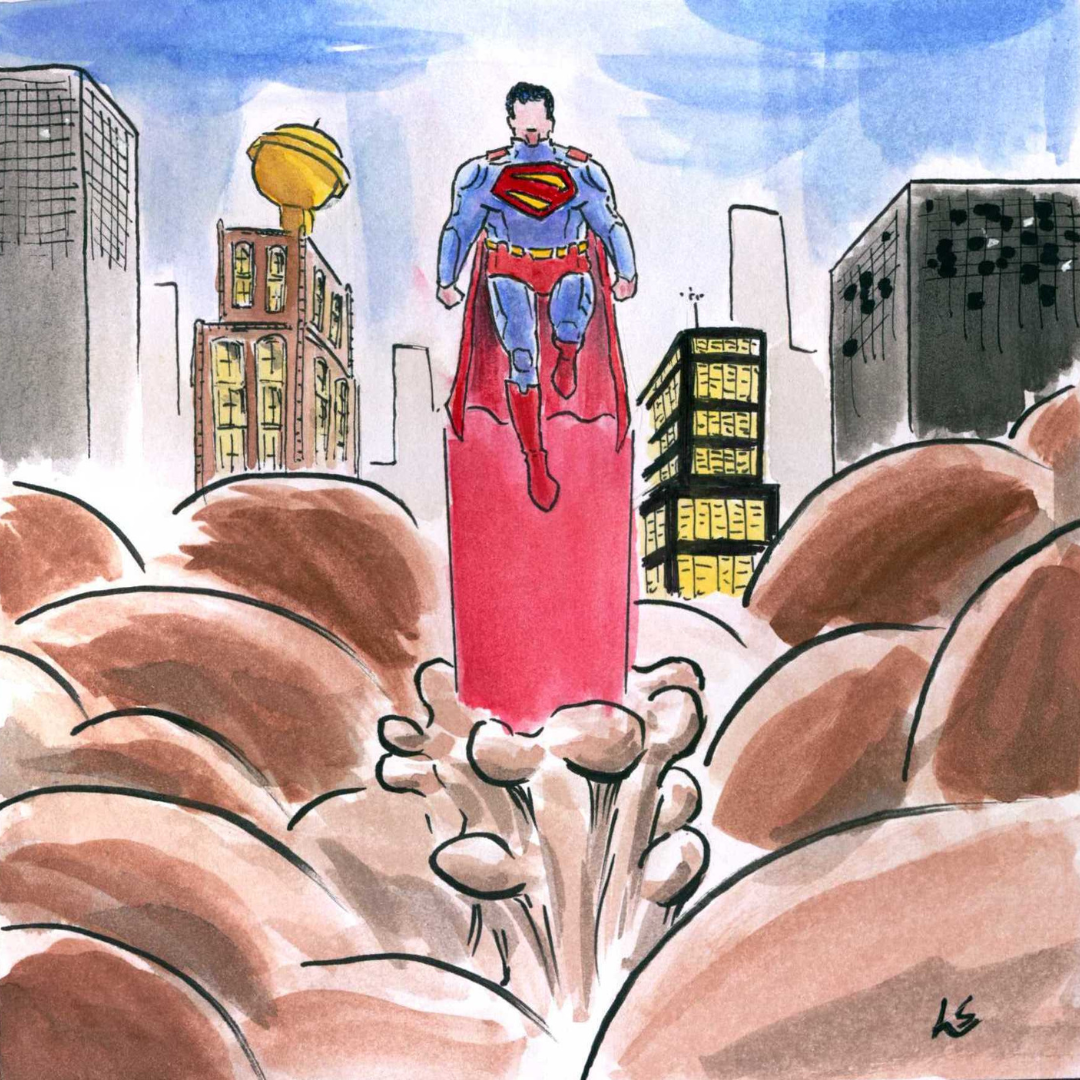The 25th film in the massively popular “Marvel Cinematic Universe,” MCU, “Shang-Chi and the Legend of the Ten Rings”, is perhaps the franchise’s most magnificent cinematic offering to date.
In this film, Marvel sends its title character on a monumental, visually rapturous adventure that shakes the foundation of this superhero’s world. Directed by Destin Daniel Cretton from a script he co-wrote with Dave Callaham and Andrew Lanham, the film stars Simu Liu, Awkwafina, Meng’er Zhang, Benedict Wong, Ben Kingsley and Tony Chiu-Wai Leung.
Some time after the events of “Avengers: Endgame,” Xu Shang-Chi, played by Liu, is going under the alias “Shaun” and living an unassuming life as a valet in San Francisco with his best friend Katy, played by Awkwafina.
His peaceful status quo is thrown into complete chaos, however, when he finds himself targeted by the dangerous organization he escaped as a child, The Ten Rings, an ancient criminal organization bent on global domination.
The MCU has a stellar track record of casting its characters, and “Shang-Chi” is a shining example. Liu infuses likability and modesty into his performance as an unstoppable martial artist. Awkwafina is the perfect addition to the MCU, making Katy’s comic relief role work without becoming forced or distracting from the plot.
Zhang, in her debut film role, brings a perfect blend of strength and vulnerability to Xialing, leaving such an impact that Marvel Studios should seriously consider a spinoff. Tony Chiu-Wai Leung’s Wenwu, the MCU’s version of the “Iron Man” villain, “The Mandarin,” is easily the best villain of the entire series, portraying the Ten Rings leader with far more complexity and humanity than the average comic book movie villain.
In terms of the directing, Cretton leans heavily into the legacy and style of martial arts cinema. The fight scenes are expertly choreographed, skillfully shot and masterfully edited. Simu Liu trained extensively to prepare for the role and flawlessly sells Shang-Chi’s first-class skillset.
The most visually striking aspect of the film are the mystical Ten Rings themselves, Wenwu’s primary weapons and the namesake for his organization. While the original comics portrayed them as ten finger-sized accessories that each granted different abilities, here they are reimagined as larger arm-sized bracelets that channel the user’s chi for an extremely versatile array of attacks.
The rings not only increase the scale of the action in the film but serve to complement the amazing martial arts choreography rather than overshadow it.
While other films in the franchise may have compelling characters and emotional moments, “Shang-Chi” pushes its human drama to the forefront, creating a far more relatable narrative than the standard “good guy versus bad guy” trope. The titular hero’s humble station in life, down-to-earth hobbies and tendency of getting into trouble with Katy, endear him to general audiences far more than the vicarious wealth of Tony Stark or the mythical royalty of Thor.
As entertaining as these characters are, it is extremely difficult to relate to their lives and as a side effect, the conflicts in some of their films can fall flat.
“Shang-Chi and The Legend of The Ten Rings” definitively prove the Marvel Cinematic Universe is far from losing steam and has a bright future ahead. Audiences may come for the larger-than-life set-pieces and high-octane action, but will find themselves invested in a touching, yet heartbreaking family drama.















































